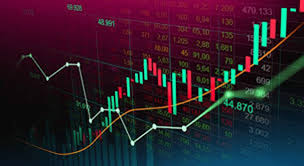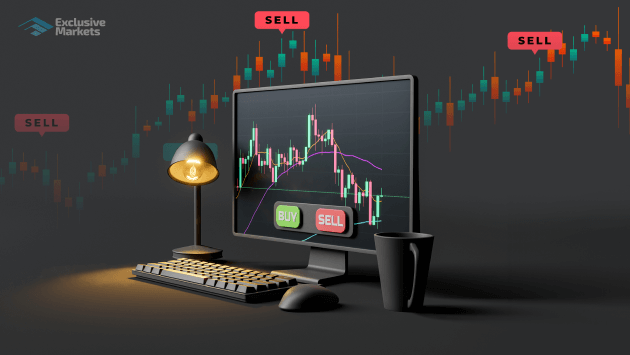
The Ultimate Guide to Forex Trading Classes
Forex trading has seen a significant rise in popularity over the past few decades, attracting individuals eager to learn and participate in this dynamic market. If you’re considering delving into forex trading, taking a formal class can provide you with the essential skills and knowledge you need. To get started, you can explore classes offered by various platforms, including forex trading classes https://islamic-fxtrading.com/, which cater to different learning preferences. This article will guide you through the various aspects of forex trading classes and how they can assist you in becoming a successful trader.
What is Forex Trading?
Forex, or foreign exchange, refers to the global marketplace for buying and selling national currencies against one another. It’s one of the largest and most liquid financial markets in the world, with trillions of dollars traded daily. Individuals, businesses, and institutions engage in forex trading for various reasons, including hedging against currency fluctuations and speculating on movements in exchange rates.
The Importance of Education in Forex Trading
One of the core reasons aspiring traders fail in the forex market is a lack of adequate education. Without understanding the fundamental concepts behind forex trading, such as market analysis, risk management, and trading psychology, traders are at a significant disadvantage. Forex trading classes provide structured education and expert insights, helping learners navigate the complexities of the market.
Types of Forex Trading Classes
Forex trading classes come in various formats to cater to different learning preferences. Here are some of the most common types:

- Online Courses: Many platforms offer comprehensive online courses covering a range of forex topics, from basic concepts to advanced strategies. These courses often include video tutorials, quizzes, and community forums.
- Webinars: Live webinars conducted by experienced traders or institutions provide insights into current market trends and trading strategies. Participants can interact with instructors and ask questions in real-time.
- In-Person Workshops: For those who prefer face-to-face interaction, in-person workshops are available. These workshops often feature hands-on training, allowing participants to practice strategies in real-time with guidance from instructors.
- Mentorship Programs: Some traders seek one-on-one mentorship. A mentor can provide personalized guidance and share valuable trading experiences, helping the student develop a tailored trading plan.
What You Will Learn in Forex Trading Classes
A well-structured forex trading class typically covers a variety of essential topics, including:
- Market Fundamentals: Understanding how the forex market operates, including major currency pairs, market participants, and trading hours.
- Technical Analysis: Learning to read charts, use indicators, and identify trends and patterns to make informed trading decisions.
- Fundamental Analysis: Analyzing economic indicators and news events that impact currency values, helping traders predict market movements.
- Risk Management: Developing strategies to manage risks effectively, such as setting stop-loss orders and managing position sizes to protect trading capital.
- Trading Psychology: Understanding the emotional aspects of trading, including how to manage fear and greed, which can significantly impact trading decisions.
Choosing the Right Forex Trading Class
When selecting a forex trading class, consider the following factors:
- Curriculum: Review the syllabus to ensure it covers topics that match your current knowledge and future goals.
- Instructor Experience: Research the credentials and trading experience of the instructors to guarantee you’re learning from credible sources.
- Student Reviews: Look for reviews or testimonials from previous students to gauge the effectiveness of the class and the value it provides.
- Cost: Consider your budget and compare the costs of different classes. Remember that higher prices do not always guarantee better learning outcomes.
The Role of Practice and Continuous Learning
While taking a forex trading class is a vital step in your trading journey, it’s important to remember that practice and continuous learning are essential for success in forex trading. Utilize demo accounts to practice your trading strategies without risking real capital. Additionally, stay updated on market news and trends and consider joining trading communities to share insights and experiences with fellow traders.
Conclusion
Forex trading can be a rewarding venture for those willing to invest the time and effort into learning the necessary skills. By taking a forex trading class, you can acquire the foundational knowledge and practical skills needed to navigate this complex market successfully. Remember to choose the right class that suits your learning style, and complement your education with ongoing practice and engagement with the trading community. With dedication and the right resources, you can embark on a successful trading journey in the forex world.


